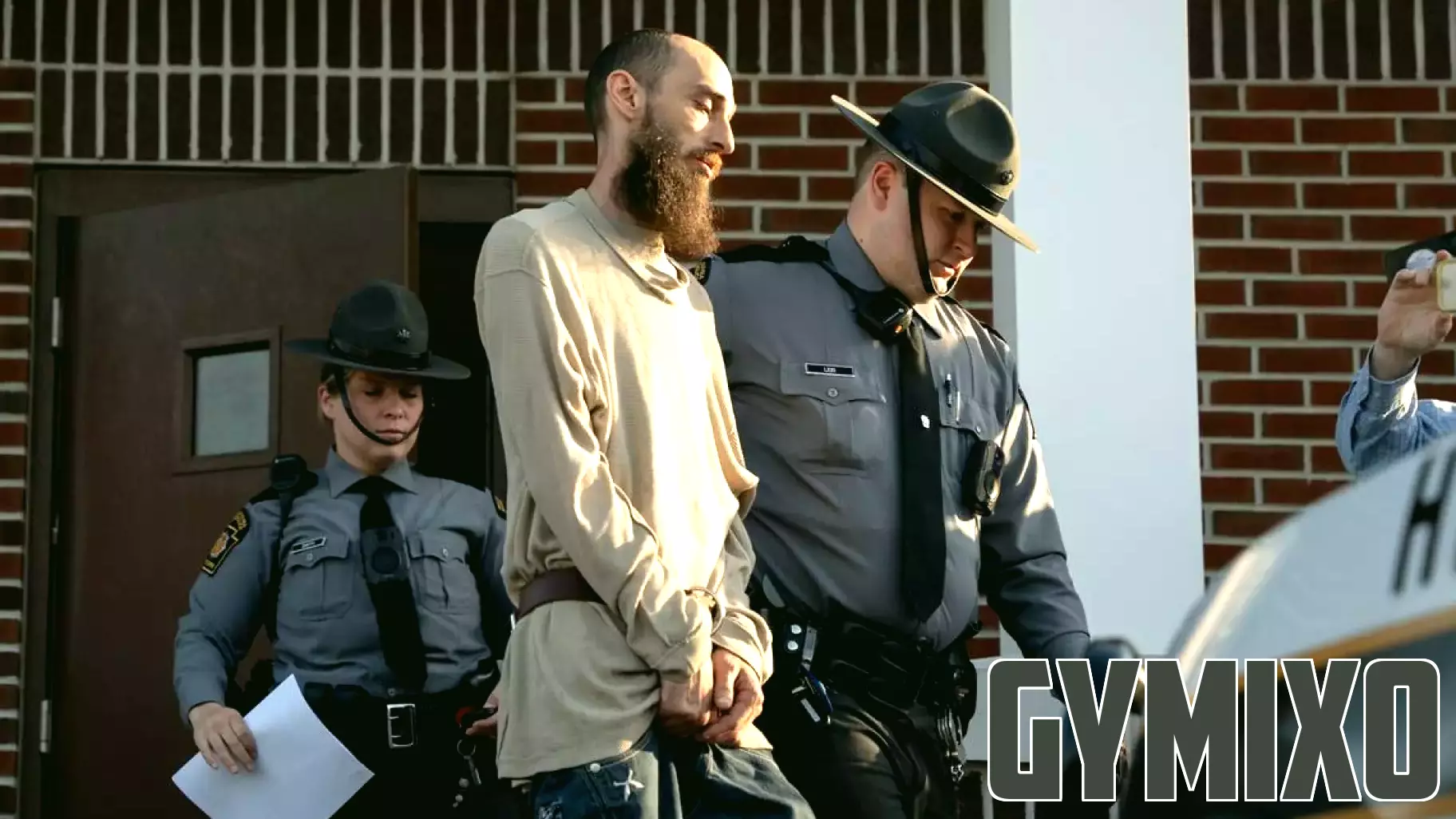The Limitations of Involuntary Commitment in Preventing Tragedies
April 22, 2025 - 12:54

Involuntary commitment is often viewed as a necessary measure for individuals who pose a risk to themselves or others, yet it is designed to be a last resort with stringent criteria. This high threshold can leave many individuals without the support they need, particularly in Pennsylvania, where numerous counties struggle with inadequate mental health services.
The case of the recent Shapiro arson attack highlights these systemic issues. Despite the potential for involuntary commitment to intervene, the lack of accessible mental health resources means that many individuals remain untreated. This gap in services can lead to tragic outcomes, as seen in this incident.
The challenge lies not only in the criteria for commitment but also in the broader context of mental health care availability. Without a robust support system, individuals in crisis may not receive the intervention they desperately need, raising questions about the effectiveness of current mental health policies and the urgent need for reform.
MORE NEWS

February 6, 2026 - 07:35
**Guernsey Initiative Pours Support into Men's Health Awareness**A new charitable campaign in Guernsey is blending community spirit with a call to action, aiming to boost conversations around men`s health. The initiative encourages islanders to purchase a...

February 5, 2026 - 19:19
Measles outbreak in Mexico prompts health alert in World Cup host JaliscoA measles outbreak in Mexico has prompted health authorities in the state of Jalisco to issue a public alert. The state, set to host matches during the upcoming FIFA World Cup, is on high alert...

February 5, 2026 - 13:28
New Mexico newborn dies from Listeria infection after mother drank raw milk while pregnant: state officialsA tragic case in New Mexico has underscored the severe dangers of consuming raw, unpasteurized milk, particularly for pregnant individuals. State health officials confirmed that a newborn died from...

February 4, 2026 - 18:52
Agreement reached between Community Health, Aetna for Fresno Unified retireesA critical agreement has been reached, restoring healthcare coverage for thousands of retired educators and staff from the Fresno Unified School District. The new contract between Community Health...